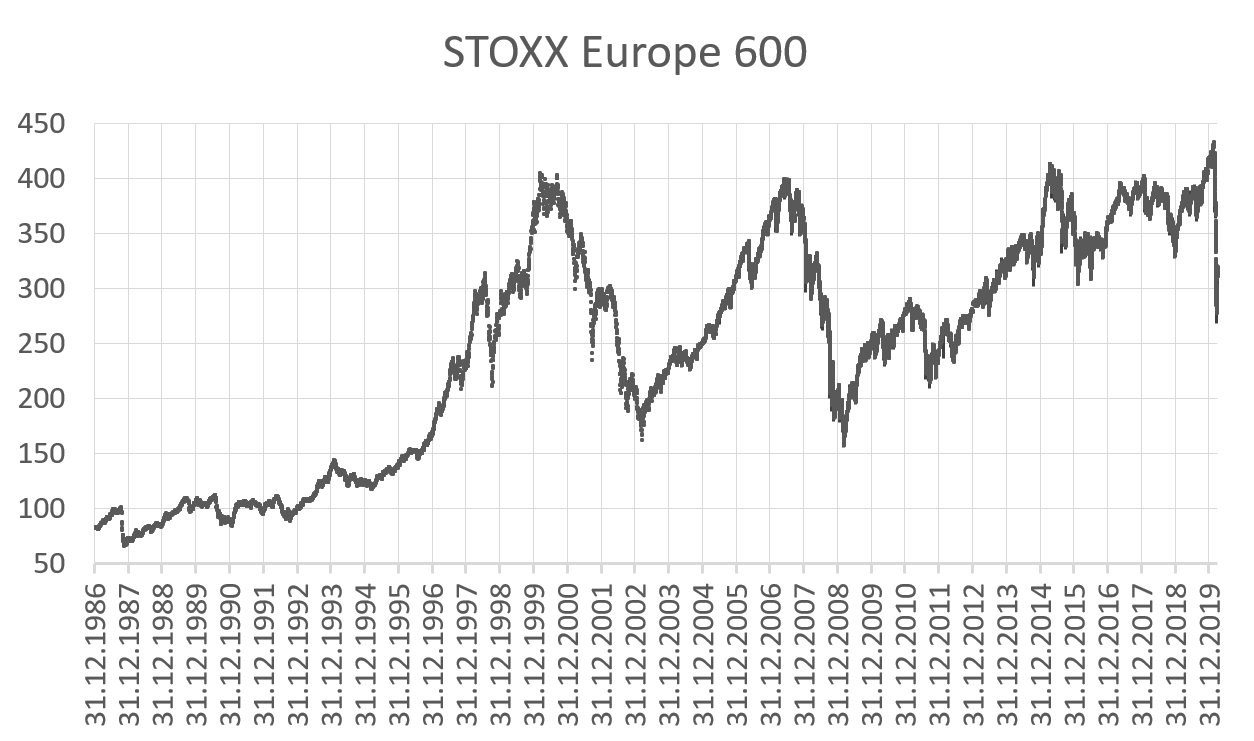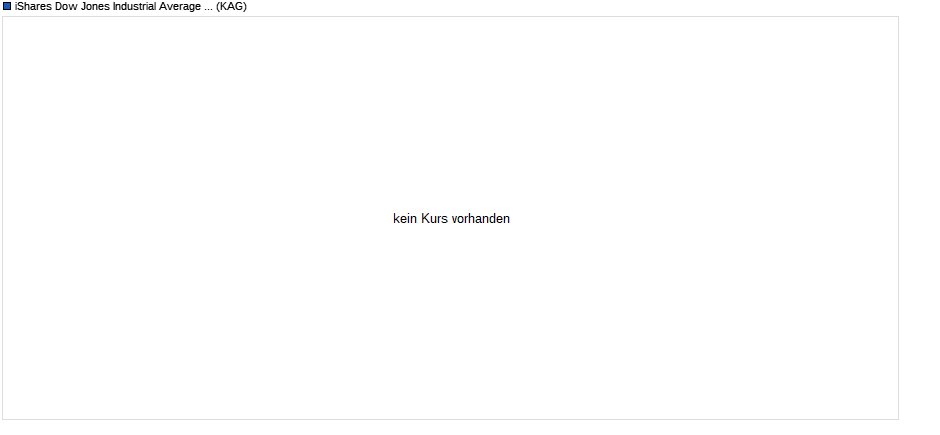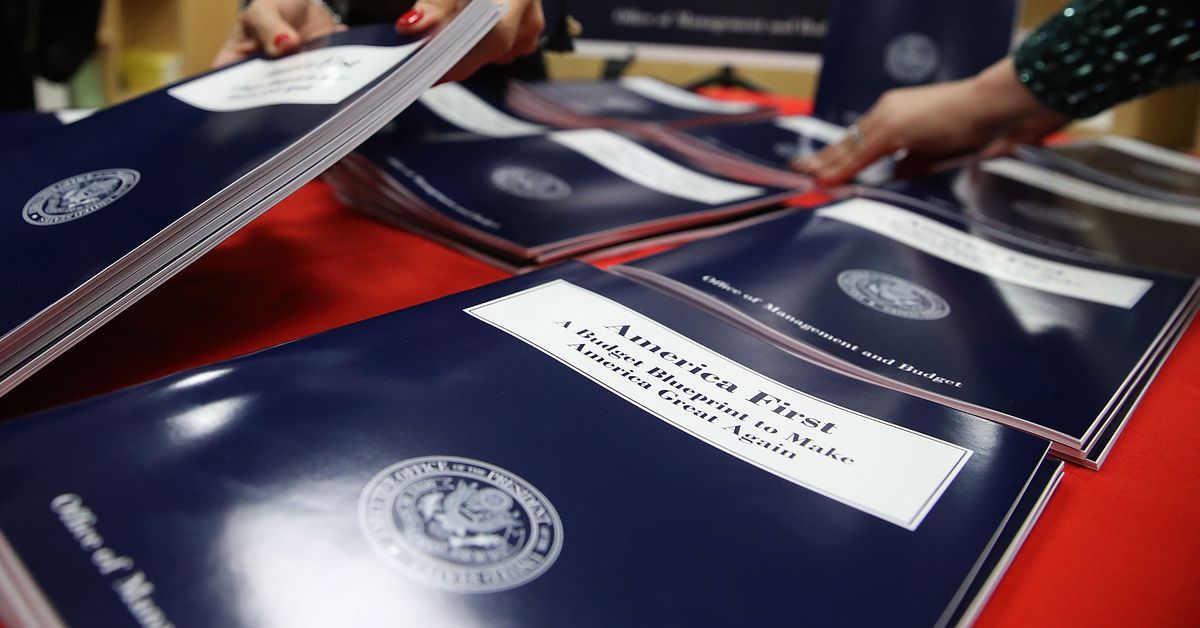Collaboration And Growth: The Future Of Bangladesh-Europe Relations

Table of Contents
Historically, Bangladesh-Europe relations have been characterized by development assistance and trade partnerships, primarily focused on the Ready-Made Garment (RMG) sector. However, the scope of this relationship is rapidly evolving, driven by Bangladesh's economic dynamism and Europe's strategic interest in engaging with a key player in South Asia. This article argues that a deeper, more multifaceted collaboration will foster significant growth for both partners.
Enhanced Trade and Investment Partnerships
Boosting Bilateral Trade
The potential for increased bilateral trade between Bangladesh and Europe is substantial. Diversifying beyond RMG, which currently dominates exports, is crucial for sustainable growth.
- High-growth sectors: Pharmaceuticals, agricultural products (e.g., jute, tea), and light manufacturing offer significant opportunities.
- Trade agreements: The Everything But Arms (EBA) initiative has been instrumental, but exploring further trade agreements, including potentially a free trade agreement (FTA), could unlock even greater potential. Negotiations and discussions on these agreements are vital for maximizing mutual benefits.
- Challenges and opportunities: Reducing non-tariff barriers, improving customs procedures, and enhancing logistics infrastructure are essential for streamlining trade and boosting competitiveness.
Attracting European Investment
Europe represents a significant source of Foreign Direct Investment (FDI) globally, and attracting a larger share of this investment to Bangladesh is crucial.
- Attractive sectors: European investors are increasingly interested in Bangladesh's renewable energy sector, its growing infrastructure needs, and its burgeoning technology sector.
- Investment promotion: Initiatives by the Bangladesh Investment Development Authority (BIDA) and similar European agencies are key to attracting investment. Promoting ease of doing business, robust legal frameworks, and a stable political environment will further encourage FDI.
- Improving the investment climate: Continued improvements in infrastructure, particularly energy and transportation, are crucial. Streamlining regulatory processes and reducing bureaucratic hurdles are vital for creating a more business-friendly environment.
Strengthening Development Cooperation
Sustainable Development Goals (SDGs)
Both Bangladesh and Europe are strongly committed to achieving the SDGs. This shared commitment provides a strong foundation for enhanced development cooperation.
- Joint initiatives: Collaboration on climate change mitigation (including adaptation strategies), poverty reduction through social safety net programs, and improvements in education and healthcare are essential.
- Development assistance and technical expertise: Europe’s expertise in sustainable development practices and its financial resources can significantly aid Bangladesh in achieving its development goals. This includes technology transfer, capacity building, and knowledge sharing.
- Climate resilience: Joint efforts are necessary to build climate resilience, especially given Bangladesh’s vulnerability to climate change impacts. This collaboration should include disaster preparedness, early warning systems, and mitigation strategies.
Capacity Building and Skill Development
Addressing skill gaps is crucial for Bangladesh’s economic diversification and sustainable growth. Europe can play a vital role in this area.
- Education and training programs: Collaborative initiatives focused on vocational training, technical education, and higher education can bridge existing skill gaps. This could involve scholarships, exchange programs, and joint research initiatives.
- Knowledge transfer: Facilitating the transfer of knowledge and expertise from European institutions and businesses to Bangladeshi counterparts is essential. This should include sharing best practices and developing training modules tailored to local contexts.
- Digital skills: Addressing the growing need for digital skills is crucial for economic competitiveness. Collaborative programs aimed at improving digital literacy and technical skills are increasingly important.
Promoting People-to-People Connections
Cultural Exchange Programs
Strengthening people-to-people connections is essential for fostering mutual understanding and enhancing the Bangladesh-Europe partnership.
- Cultural exchange initiatives: Promoting tourism, student exchange programs, artistic collaborations, and educational partnerships will help foster closer ties between the two regions.
- People-to-people diplomacy: These initiatives build bridges of understanding and foster goodwill, which are crucial for maintaining healthy and productive relations. This includes showcasing Bangladeshi culture in Europe and vice versa.
- Educational collaboration: Joint research projects, faculty and student exchanges, and collaborative educational programs can enhance understanding and collaboration across sectors.
Migration and Mobility
Addressing migration and mobility issues requires a balanced approach that acknowledges the need for fair and ethical migration policies.
- Skilled worker migration: Establishing clear pathways for skilled worker migration can benefit both sides. This requires addressing potential brain drain concerns while enabling qualified Bangladeshi professionals to contribute to European economies.
- Combating irregular migration: Collaboration is needed to address the root causes of irregular migration and promote safe and legal migration pathways. This includes tackling human trafficking and ensuring fair treatment of migrants.
- Diaspora engagement: Engaging the Bangladeshi diaspora in Europe can foster stronger ties and facilitate knowledge and investment flows.
Conclusion
Strengthening Bangladesh-Europe relations offers immense potential for mutual growth and development. By enhancing trade and investment partnerships, fostering development cooperation, and promoting people-to-people connections, both sides can achieve significant economic and social progress. The potential benefits are numerous, from increased trade volumes and improved living standards to shared progress towards achieving the SDGs. The future of Bangladesh-Europe relations hinges on deepening collaboration across various sectors. Let us work together to unlock the immense potential for sustainable growth and development, building a stronger Bangladesh-European partnership for years to come. Strengthening Bangladesh-EU cooperation requires continued dialogue and proactive engagement. Let's build a brighter future together, fostering strong Bangladesh-Europe ties.

Featured Posts
-
 Svadby V Krasivuyu Datu Na Kharkovschine 89 Novykh Semey
May 24, 2025
Svadby V Krasivuyu Datu Na Kharkovschine 89 Novykh Semey
May 24, 2025 -
 Porsche Indonesia Classic Art Week 2025 Perayaan Seni Dan Otomotif
May 24, 2025
Porsche Indonesia Classic Art Week 2025 Perayaan Seni Dan Otomotif
May 24, 2025 -
 Avrupa Borsalari Duesueste Stoxx Europe 600 Ve Dax 40 Endekslerinde Gerileme 16 Nisan 2025
May 24, 2025
Avrupa Borsalari Duesueste Stoxx Europe 600 Ve Dax 40 Endekslerinde Gerileme 16 Nisan 2025
May 24, 2025 -
 Amundi Dow Jones Industrial Average Ucits Etf A Guide To Net Asset Value Nav
May 24, 2025
Amundi Dow Jones Industrial Average Ucits Etf A Guide To Net Asset Value Nav
May 24, 2025 -
 F1 Uutinen Tuukka Taponen Rattiin Taenae Vuonna
May 24, 2025
F1 Uutinen Tuukka Taponen Rattiin Taenae Vuonna
May 24, 2025
Latest Posts
-
 Preserving History The Fight To Save Museum Programs From Budget Cuts
May 24, 2025
Preserving History The Fight To Save Museum Programs From Budget Cuts
May 24, 2025 -
 Museum Funding Crisis The Aftermath Of Trumps Budget Decisions
May 24, 2025
Museum Funding Crisis The Aftermath Of Trumps Budget Decisions
May 24, 2025 -
 Analyzing The Impact Of Federal Funding Cuts On Museum Operations
May 24, 2025
Analyzing The Impact Of Federal Funding Cuts On Museum Operations
May 24, 2025 -
 The Long Term Effects Of Reduced Funding On Us Museum Programs
May 24, 2025
The Long Term Effects Of Reduced Funding On Us Museum Programs
May 24, 2025 -
 Are Museum Programs Sustainable After Trumps Funding Cuts
May 24, 2025
Are Museum Programs Sustainable After Trumps Funding Cuts
May 24, 2025
